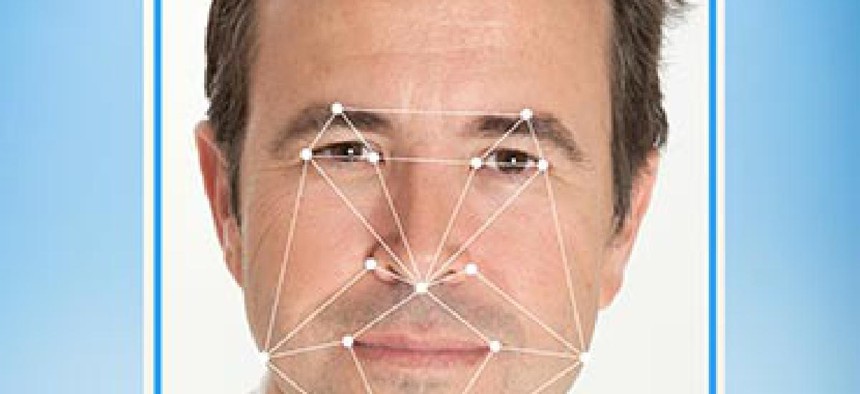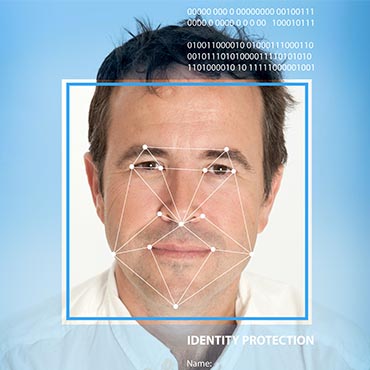CBP expands facial recognition program to visa-free travelers

Customs and Border Protection will add first-time Visa Waiver Program travelers and ePassport users to the agency's facial recognition tech deployment.

Certain travelers arriving at John F. Kennedy International Airport on Jan. 19 were scanned by Customs and Border Protection's new facial comparison technology to help match individuals to their passports.
The initial deployment of the facial comparison system will apply to first-time Visa Waiver Program travelers and returning U.S. citizens with ePassports, according to a CBP statement on Jan. 19.
Along with the JFK deployment, CBP said it is also conducting additional tests to evaluate new biometric technologies in multiple environments in fiscal 2016.
The program, which allows visa-free travel for citizens of certain U.S. allies, has come under fire for gaps that could potentially allow unwanted or dangerous people into the U.S. Lawmakers have called for biometric identification capabilities to be added to the program to help verify identities of program participants.
The JFK deployment of the facial comparison technology comes after CBP tested it last year at Washington Dulles International Airport in Virginia. The results of Dulles testing, CBP said, showed the system was adept at matching passports photos with live captured images.
According to the agency, the technology compares an image of the traveler taken during the normal inspection process to the image stored on that traveler's ePassport. CBP said it will delete the images it takes onsite, unless enforcement action is required.
In a DHS privacy assessment of CBP's 1-to-1 Facial Comparison Project, CBP said the Dulles field test used the technology on travelers 18 and older who had ePassports. CBP said it expanded that group to include similarly aged first-time travelers from Visa Waiver Program countries because of the "appreciable risk of passport and identity fraud among this population of travelers."
Currently, the Visa Waiver Program allows eligible citizens from 38 designated countries to travel to the U.S. and stay for 90 days for tourism or business purposes without getting a visa. The privacy assessment said such visits account for about two-thirds of all business and leisure travel to the U.S. The U.S. currently uses fingerprints to biometrically enroll and verify travelers' identity in the program.
The Facial Comparison Project allows CBP to biometrically match a Visa Waiver Program traveler to their e-Passport before enrolling that individual into DHS data systems, the assessment said. The facial comparison project gives more uniform levels of confidence in identities among first-time visitor, returning visitors and travelers using a U.S. visa, since there were some inconsistencies in how CBP collected the information among those groups.
The facial comparison system, DHS' assessment found, assists CBP officers in the inspection process but does not replace officer discretion at any point.
NEXT STORY: Think tank to school Hill staffers on cyber


